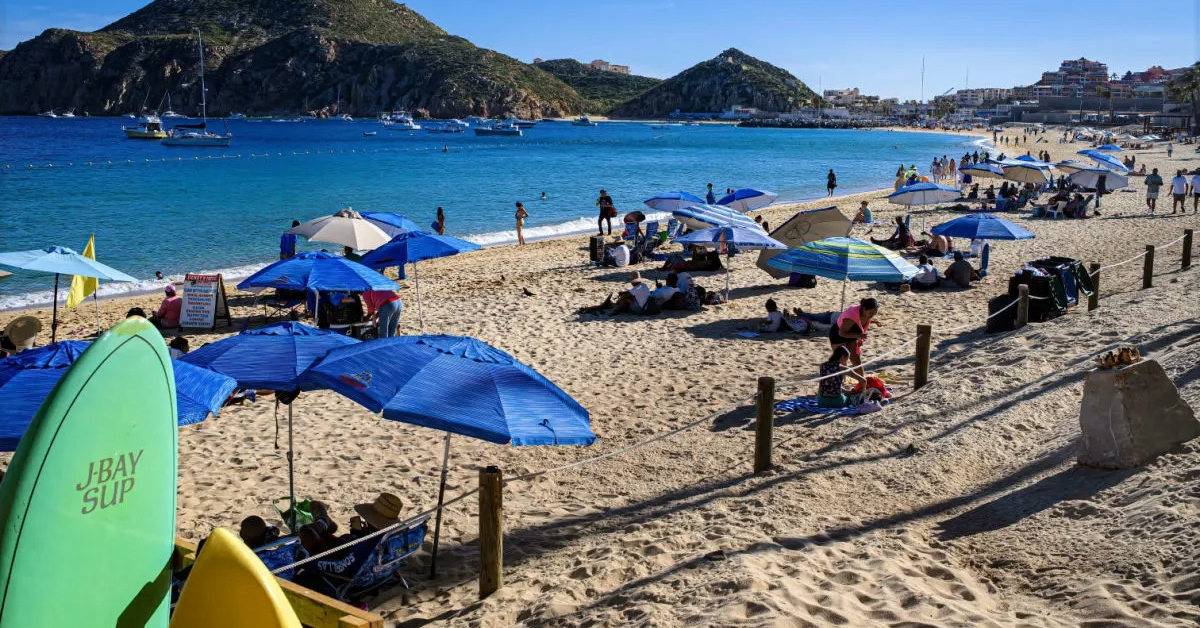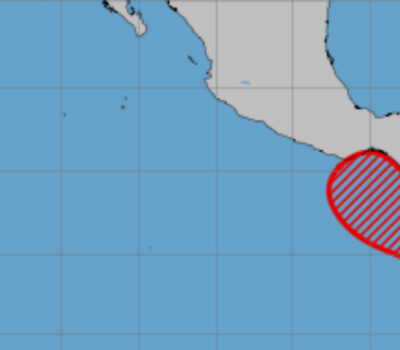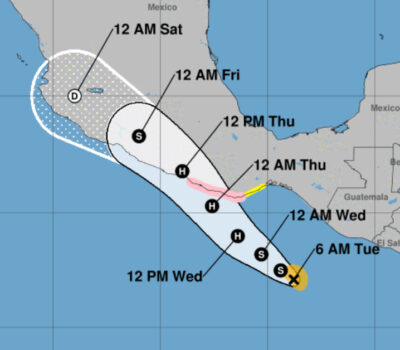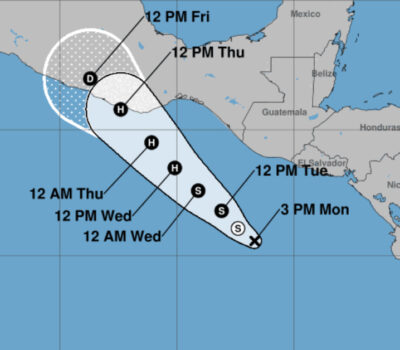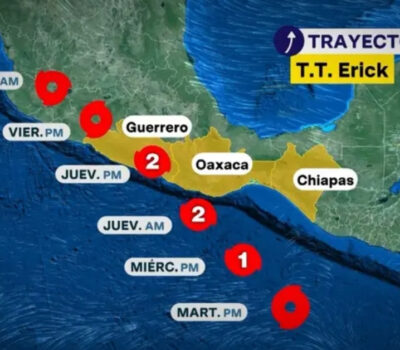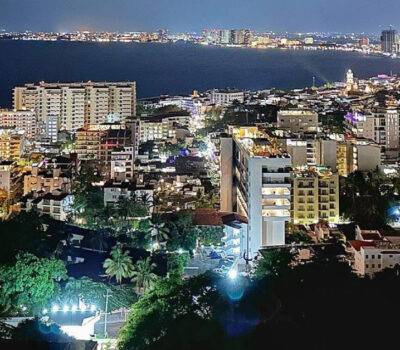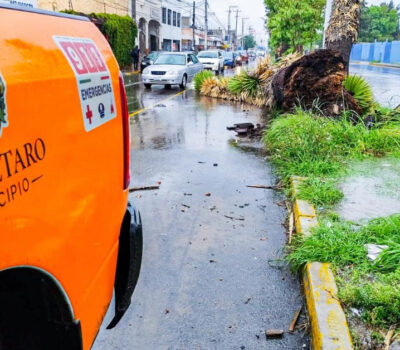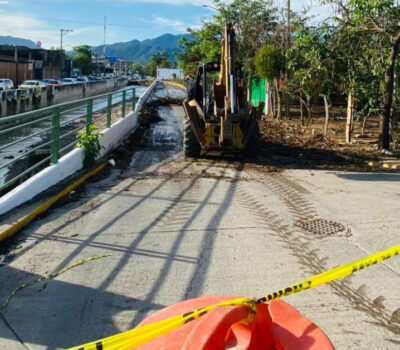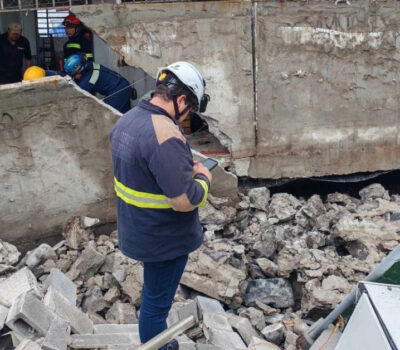Authorities in Los Cabos will lower Blue Flag beach banners at night to deter alcohol-fueled gatherings and prevent unsafe swimming without lifeguards.
Los Cabos officials have announced that the Blue Flag banners designating certified beaches will be removed each evening as part of a new strategy to reduce nighttime beach gatherings and improve public safety.
Rafael Álvarez Munguía, head of the Federal Maritime Zone (Zofemat) in Los Cabos, said the move is part of an effort to maintain international certification standards while protecting both visitors and the environment.
The Blue Flag, a globally recognized symbol of clean and safe beaches, is usually flown at beaches that meet rigorous standards for water quality, safety, environmental education, and services. However, officials say its constant presence has been misinterpreted by the public as a sign of 24/7 accessibility and safety—something the municipality cannot guarantee.
“The beaches aren’t closed—we can’t do that constitutionally,” said Álvarez Munguía. “But the flags will come down at night because they indicate the presence of lifeguards. Lifeguards are only on duty from 9 AM to 6 PM.”
The policy change comes in response to a growing trend of beachgoers staying into the night, often engaging in parties, alcohol consumption, and other behaviors that strain maintenance efforts and threaten safety. While some visitors are simply taking quiet evening strolls, officials say many others leave behind broken bottles, cigarette butts, and general trash that degrades the beaches.
“We’ve seen vandalized facilities, overflowing garbage bins, and restrooms in terrible condition the next day,” Álvarez Munguía added. “These are public spaces, and they should be respected.”
Beyond the environmental concerns, there are also serious safety issues. Authorities warn that some individuals attempt to swim at night while intoxicated, significantly increasing the risk of accidents or drownings due to the absence of lifeguards after hours.
The municipality is planning to launch a public awareness campaign alongside the new protocol. The aim is to educate both residents and tourists on the meaning of the Blue Flag, the importance of respecting beach hours, and the shared responsibility of preserving certified beaches.
Álvarez Munguía emphasized that removing the flags at night is not about restricting access but about setting clearer expectations for behavior. “We want people to understand that if they choose to come to the beach at night, they are doing so without supervision—and it’s not a time for drinking or partying. We all have to do our part to keep these spaces clean and safe.”
The measure reflects a broader effort by Los Cabos to protect its coastline as tourism continues to grow. Blue Flag status is not just symbolic; it requires consistent compliance with environmental and safety criteria. Allowing beaches to fall into disrepair or to become night-time party zones could jeopardize that certification.
Officials are urging the public to respect the changes, keep the beaches clean, and be mindful of their personal safety.
Authorities in Los Cabos will lower Blue Flag beach banners at night to deter alcohol-fueled gatherings and prevent unsafe swimming without . . .

